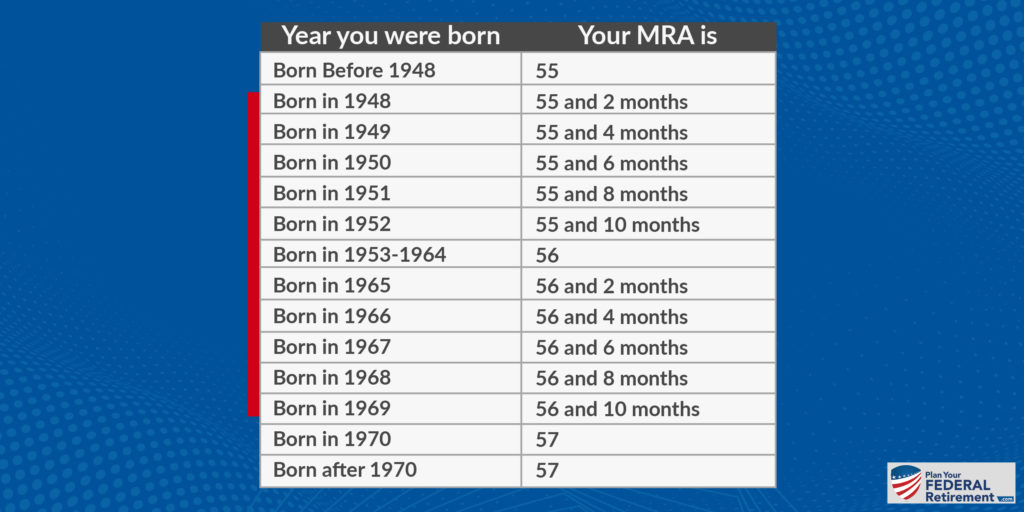“I am turning 62 and I am drawing disability FERS. Can I draw social security and FERS together? And will my FERS change when I turn 62?” – Douglas.
Your ability to earn an income is your greatest asset as an employee.
When that ability is taken away from an injury, it becomes critical to understand EXACTLY how your Federal Employee benefits work.
If you are in a situation in which you are considering making a FERS Disability Retirement, we STRONGLY encourage you to hire someone that YOU PAY to assist you in planning that retirement. This is NOT your HR; this is not someone from OPM, this is someone who specializes in FERS Disability retirement, a service that we do not offer at Plan Your Federal Retirement.
We will answer the question we received about disability only speaking to the mechanics of how the program works.
As a federal employee under the Federal Employees Retirement System (FERS), understanding how to calculate your retirement benefits can be the difference between a tranquil retirement and a stressful one. Let’s break down the intricacies of FERS retirement calculations.
Criteria for Federal Disability Retirement
1. Eligibility based on Service Tenure
We understand that for any federal employee to be considered for FDR, they must have served at least 18 months in the Federal Civil Service.
2. Medical Conditions and their Severity
Not all medical conditions qualify for FDR. The condition should be such that it prevents one from performing useful and efficient service in their current position.
3. Duration of the Medical Condition
The medical condition should last for at least one year. It’s imperative that the condition is deemed severe enough to cause long-term incapacitation.
4. Reassignment Possibilities
Before considering FDR, the employing agency must be unable to accommodate the federal employee within the same office or reassign them to a vacant position within the same pay scale and tenure.
Application Process and Essentials
1. Documentation and Proof
Every applicant must provide valid medical evidence documenting their health condition. This includes medical histories, clinical findings, and expert testimonials.
2. The Role of the Employing Agency
The employing agency is responsible for providing the necessary work documentation and establishing the inability to reassign or accommodate the federal employee.
3. Period of Application
It’s crucial to apply within one year after the date of separation from a Federal agency. Any delays might result in ineligibility.
Frequently Asked Questions (FAQs)
1. How long does the process typically take?
While the timeframe can vary, the average duration is between 6 to 8 months. We recommend starting the process early for a smooth transition.
2. Can one work after being approved for FDR?
Yes, but there are certain income limits and restrictions to consider.
3. What if the application is denied?
Applicants have the right to request a reconsideration or even appeal to the Merit Systems Protection Board (MSPB).
Benefits of Federal Disability Retirement
1. Continuous Health Benefits
Federal employees can continue to enjoy their health benefits, ensuring they receive the medical attention they require.
2. Annuity Benefits
Upon approval, federal employees receive a portion of their basic annuity, ensuring financial stability.
3. Possibility of Returning to Work
While on FDR, one isn’t restricted from seeking other employment opportunities. This provides a chance for rehabilitation and eventual reentry into the workforce.
The Impact of Age on Your Retirement
As with most things in life, age plays a significant role – especially in calculating your FERS retirement calculations:
● Minimum Retirement Age (MRA): The MRA varies based on your birth year. For instance, for someone
born in 1970, the MRA is 56 years.
● Early Retirement: If you choose to retire before reaching MRA, there can be reductions in your monthly
retirement benefits. It’s essential to consult a retirement expert to gauge the implications.
● Other Key Factors Influencing FERS Retirement

Several other elements can impact your FERS retirement benefits and those could include Annual Leave, Sick Leave, Military Services, etc. Your federal employee benefits are complex, you want to be able to really go through all aspects of retirement with a dispassionate person to make the most of your retirement.
Taking Control of Your FERS Retirement
Understanding and navigating FERS retirement calculations can seem overwhelming at best. Most decisions you have to make, are not ones that you can go back and change later. Especially when considering a Disability Retirement. We strongly encourage all Federal Employees who have been severely disabled to hire a professional that specializes in this area to assist them with planning.



